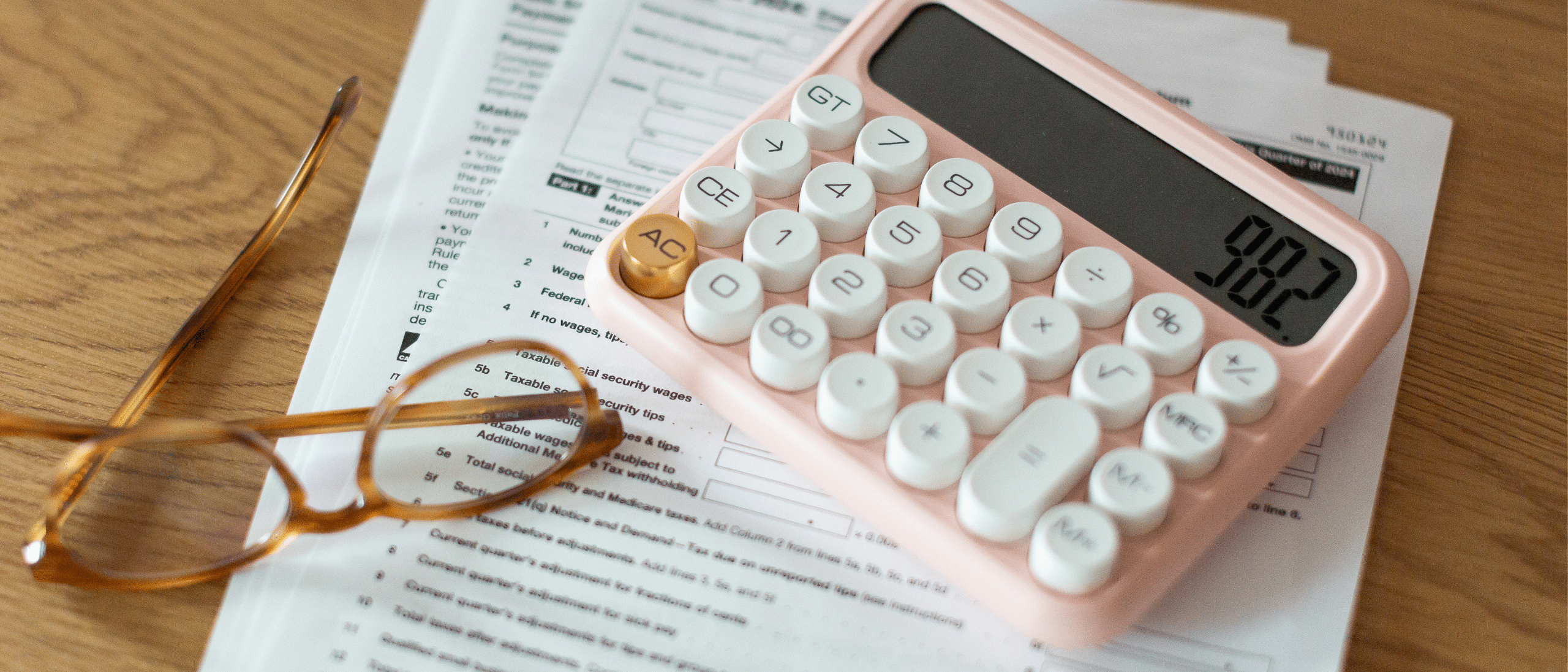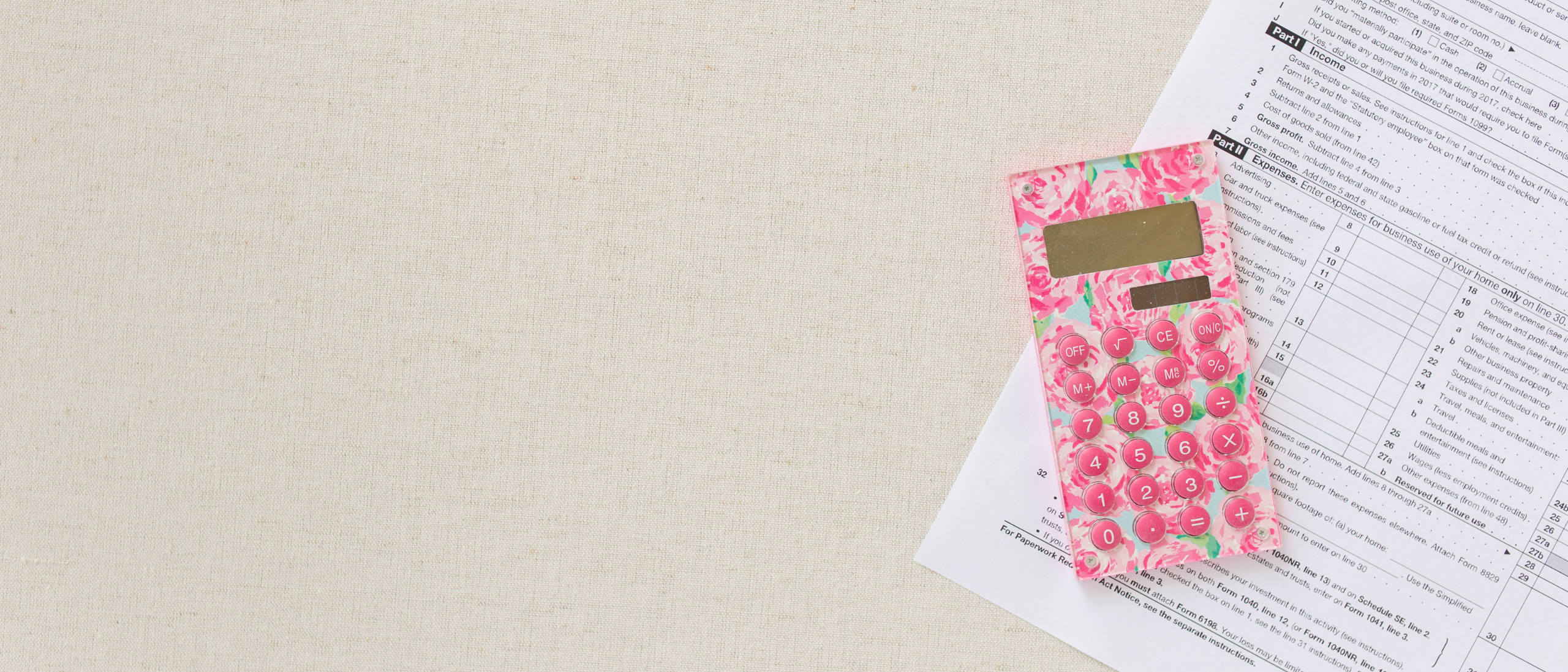If you’re a homeowner, rental property owner, or a business owner who has a home office, you might be wondering if you can deduct your Homeowners Association (HOA) fees on your taxes.
In today’s post, I’ll explain the factors that determine whether your HOA fees are tax deductible.
What are HOA fees?
Before we discuss whether you can deduct these fees, I’ll just give a quick breakdown of what these fees are. HOA fees are regular payments that property owners pay to live within a community, neighborhood, or residential complex.
The fees are typically mandatory and are used to pay for shared services and maintenance costs for the community. Those services can include things like:
- Community pool maintenance
- Community amenities like parks or clubhouses
- Landscaping
- Snow removal
- Upkeep of common areas like community ponds, playgrounds, or wooded areas
Are HOA fees tax deductible for homeowners?
Unfortunately, HOA fees are not tax deductible on your personal tax return if you’re using the home as your primary residence and not for any business purposes. This is because the IRS considers HOA fees to be part of the cost of homeownership, which means they are a personal expense, so they can’t be deducted.
However, there are a few exceptions to this rule that could make your HOA fees tax deductible:
- Home Office: If you run your business from your home and claim a home office deduction, then part of your HOA fees are likely also deductible (more about how to calculate this in a minute).
- Rental Property: If you have a rental property that isn’t used as your primary residence, then HOA fees on that property are likely deductible as a business expense. The reason this works is that your HOA fees are necessary for the production of income, so the fees are part of the operating costs of maintaining and managing the property. This deduction can apply to both short-term (like Airbnb) and long-term rental properties.
- Just remember that if you use the home as your primary residence for some of the year and rent it out for the rest of the year, you can only deduct the HOA fees for the portion of the year that it is used as a rental property.
- Property Used for Business: If you own a property that you use for business purposes but that you don’t classify as a rental property, then your HOA fees may also be deductible. For example, if you own a property in a mixed-use development and you use your property for your business, then you can likely deduct at least some of your HOA fees as an ordinary and necessary business expense.
- The only caveat here is that if your HOA fees are for services that are not related to your business, then you may not be able to include that part of the fee as part of your business deduction. An accountant can help you decide.
How do I deduct HOA fees for my home office?
Here’s how this works: If your home is part of an HOA, and you use a portion of your home solely for business purposes, then you can allocate a percentage of your HOA fees as a business expense based on the square footage of the home office. By the way, this is the same rule that applies to other related home expenses like utilities, home insurance, and mortgage interest.
Here’s an example calculation: Let’s say you use a 12×12 room in your house for your home office and your home is 2,000 square feet. By multiplying 12×12, you find that the square footage of your home office is 144. Then you divide 144 by 2,000 to come up with the percentage you’ll use to calculate business expenses related to your home office. In this example, 144/2,000 is 7.2%.
To figure out how much of your HOA expenses you’ll be able to deduct, you multiply 7.2% by the total HOA fee. So if your HOA fee for the year is $1,500, then your business’ portion of that expense would be $108.
As a side note here, the method I’ve described above is the standard method that can be used to calculate your home office deduction. There is a simplified way to calculate your home office deduction; the IRS actually calls it the “simplified option.”
If you choose the simplified option, you’ll just multiply your home’s total square footage by $5, and there is a maximum of 300 square feet allowed for the home office. Obviously, if you use the simplified option, then your HOA fees won’t come into play when calculating your home office deduction.
Can I deduct a special assessment from my taxes?
A special assessment is an additional fee that an HOA charges homeowners to pay for large projects or improvements in addition to their regular HOA fee. For example, repairing roads or common areas or upgrading community amenities may require a special assessment.
For tax purposes, special assessment bills will follow the same rules as regular HOA fees, so homeowners using the home as their primary residence cannot deduct the special assessment on their personal tax return. However, those taking the home office deduction, using the property as a rental for income, or using the property as a business, can follow the same guidelines I outlined above to deduct a special assessment amount as a business expense.
Final Thoughts
While most homeowners can’t deduct HOA fees from their personal tax return, rental property owners and business owners can reduce their tax liability by deducting HOA fees as part of their business expenses. It’s a smart idea to work with an accountant to make sure you’re applying deductions correctly and that you aren’t missing out on any deductions that can save you bank.




